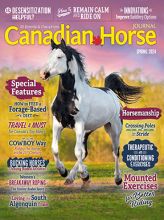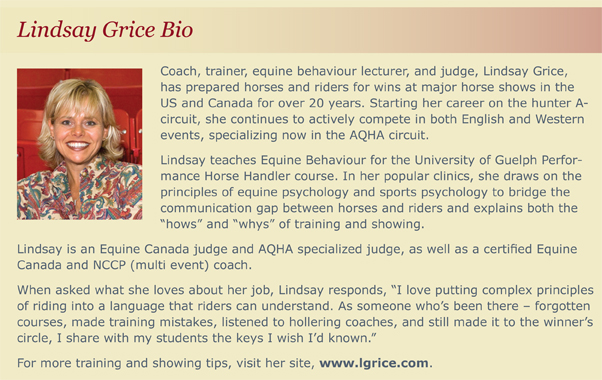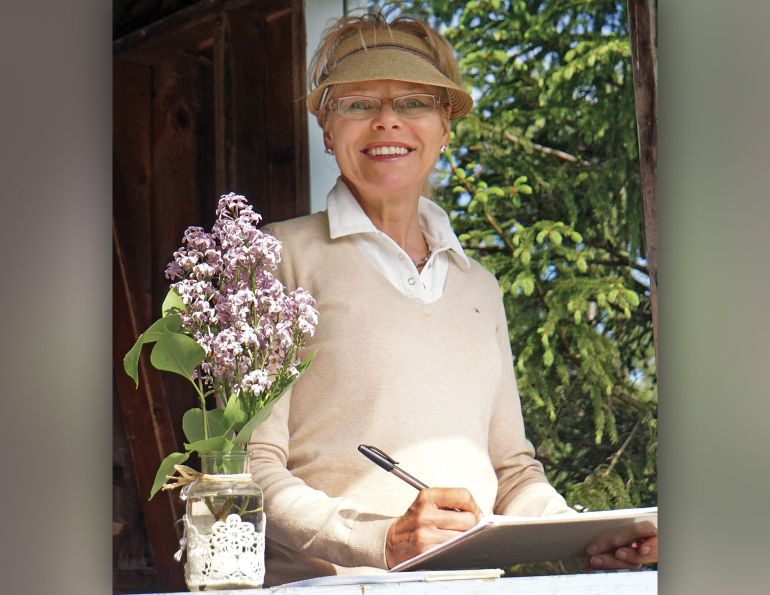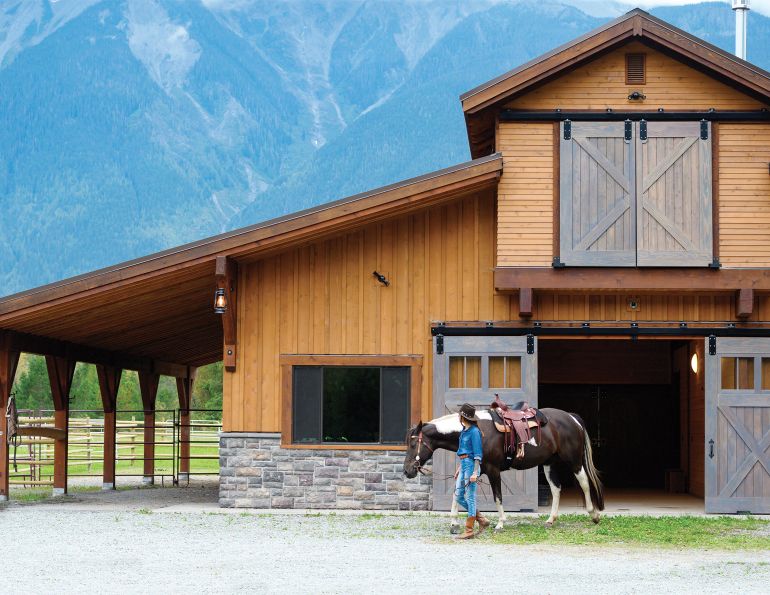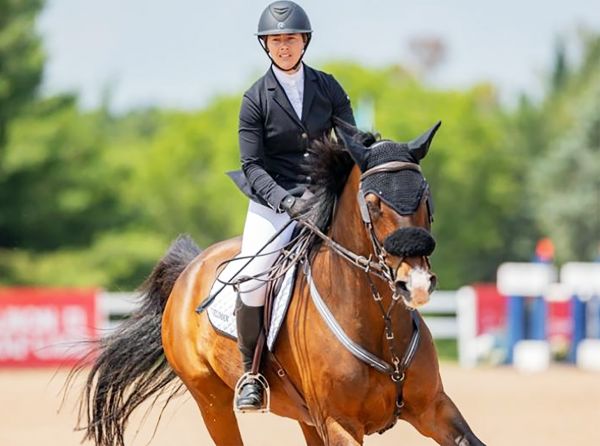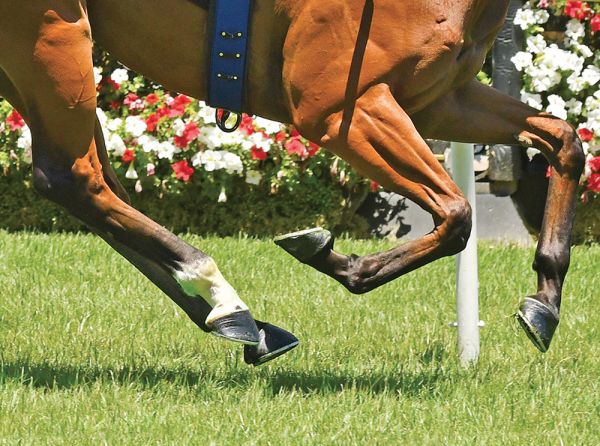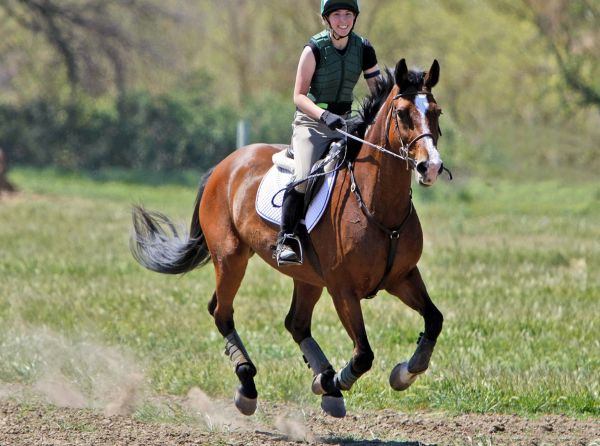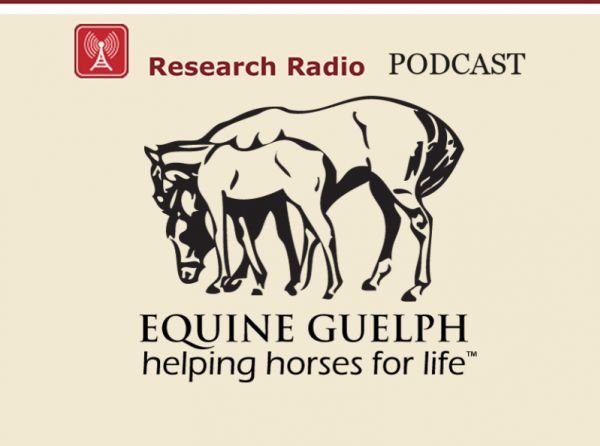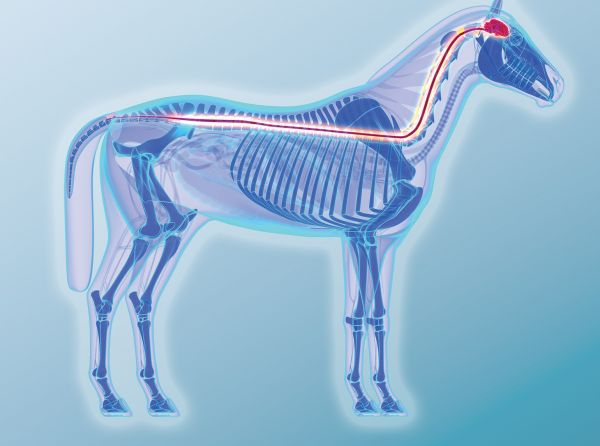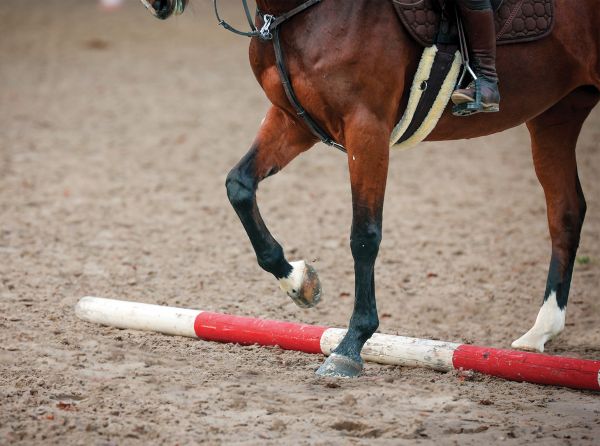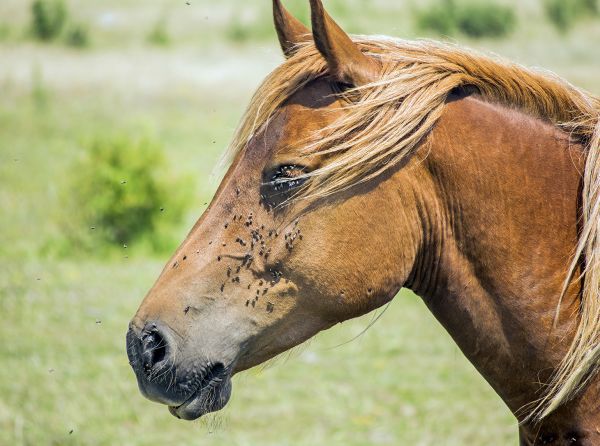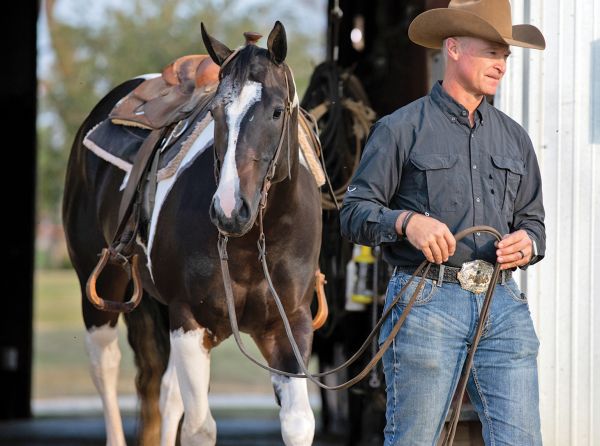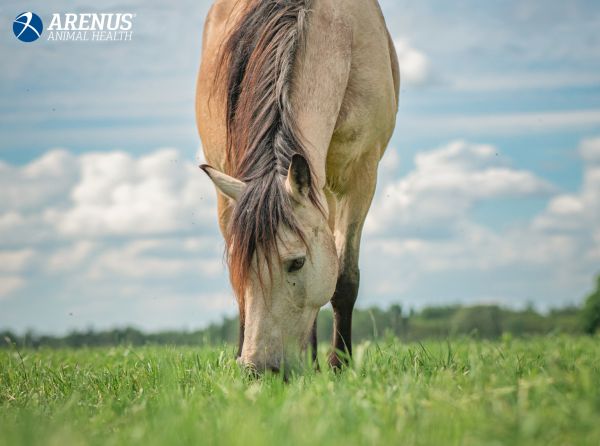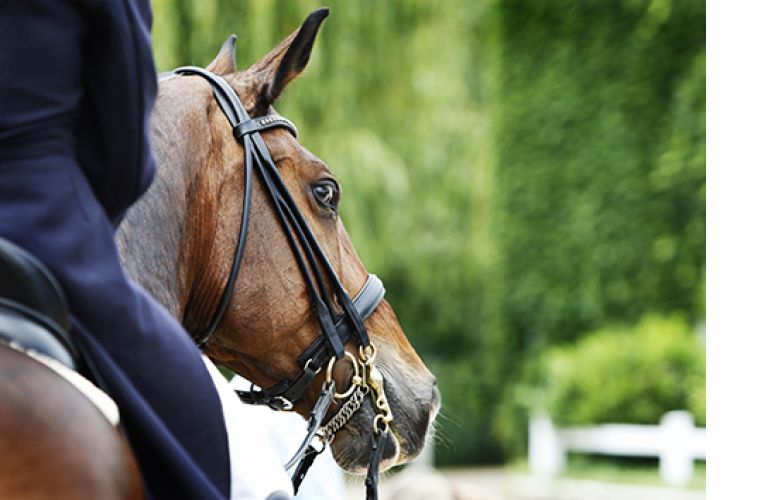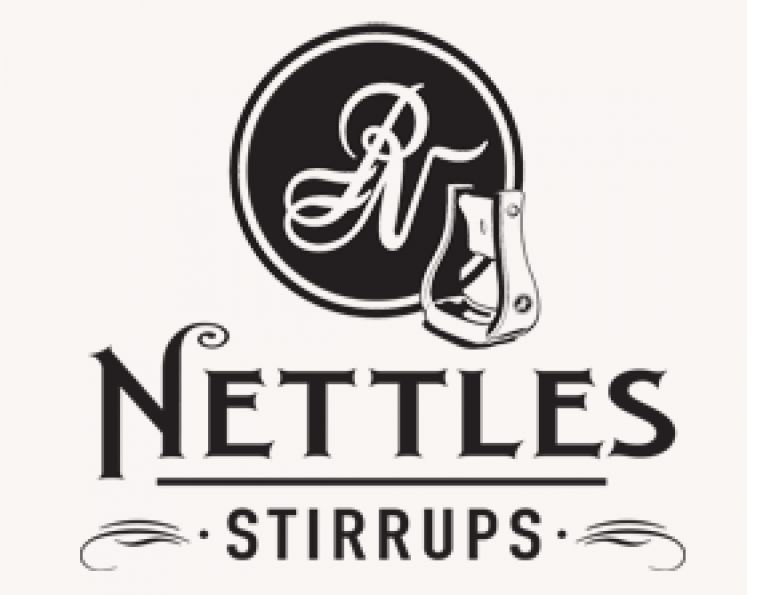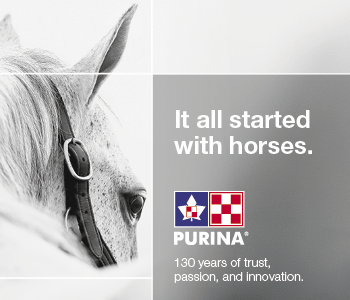By Lindsay Grice
Q I am an amateur rider looking for a horse to show at the novice level. What qualities are important in the horse I buy?
A When I have a client who is looking for a horse, I often need to remind her to shop with her head and not her heart. Colour, cuteness, or a fancy pedigree must take second place to other more basic qualities: temperament, tolerance, training, talent, and soundness. I rate the horse in each of these five categories and, depending on the buyer’s experience, goals, and budget, I’d like to get a pretty high rating for each. I might suggest we live with a low score in one area if a horse is a real star in the others, but only if the detriment is one that the buyer can deal with.
#1 Temperament
I like to see a horse with a pleasant expression when being ridden and worked around. Does he pin his ears when the rider uses her leg or when another horse comes close by? Or when I push him out of his comfort zone by asking him to do something new? How does he tolerate a rider making a mistake? Does he spook when I put an unfamiliar object in his path or ride him away from his usual schooling area? A horse that is
adaptable and kind is a treat to train (and, in the long run, will take less time to train, which is more economical!).
#2 Tolerance
You take on a certain amount of risk when buying a green horse with limited experience or one that has never been off the property. Although you can save some money buying a younger prospect, there is the possibility of an unforeseen quirk that surfaces only when the horse leaves familiar territory. With these horses it can take a lot of patience and many “field trips” before the horse is ready for a novice rider. I consider it a bonus if I come across a horse that has already been ridden or shown by a novice. I know that such a horse is more likely to be forgiving of a rider who is still learning. One drawback of a horse that has some mileage is that he may be likely to anticipate or have picked up some show ring habits. In this case it would be helpful to observe the horse at a show.
#3 Training
I consider it a minimum requirement for a novice horse to have a solid understanding of lateral manoeuvres, collection, and pace control. The horse should understand how to move his body parts in response to lateral cues from the rider’s reins and legs. He should be solid in his understanding of leads and transitions, as well as have excellent ground manners. With these basics in place, introducing other events like showmanship and trail come fairly easily.
#4 Talent
Any horse you buy must have the talent to excel at the job you want him to do. Just as a football player won’t cut it as a ballet dancer, neither will a horse that is built for halter competition necessarily excel as a western pleasure horse or as a hunter over fences. Many horses for sale are advertised as good movers so it is important to know how to identify exactly what that means in your sport. A successful hunter must jump with a round topline and his knees up. A western riding horse should switch leads cleanly and in unison rather than hop from one lead to another, and wants to travel consistently, without a natural “motor.” Pick the event you wish to excel in and make sure the horse has the natural talent to do the job. Training and increased care will have a limited effect in improving a horse’s natural movement, so be objective.
#5 Soundness
This is where you’ll need the opinion of an experienced veterinarian. Although he is unlikely to recommend whether or not you should actually purchase your prospect, his examination will come up with some areas of concern. Do not be shocked at the vet’s findings. Every horse has imperfections. Your job is to determine if you can take the risk of purchasing a horse with the imperfections you discover. Depending on your budget and riding experience, you may be able to sacrifice a high rating in one or two of the above categories. If you’re an experienced rider, and plan on working on a project for several years, you may do very well with a horse with less mileage. If your budget can include regular veterinary maintenance, corrective shoeing, and dietary supplements, a horse with some soundness concerns might serve your needs just fine. Will you need to resell the horse after a couple of years? If so, you will need to be pickier about a favourable vet check. Are you a competitive rider with excellent timing? If so, you might be able to work with an emotional or reactive horse if he is an excellent mover. Define your needs, and don’t be an impulse buyer!
Main Article Photo: When looking to buy a horse, shop with your head and not your heart. Rate potential horses on their temperament, tolerance, training, talent, and soundness.
This article originally appeared in the December 2008 issue of Pacific & Prairie Horse Journal.


